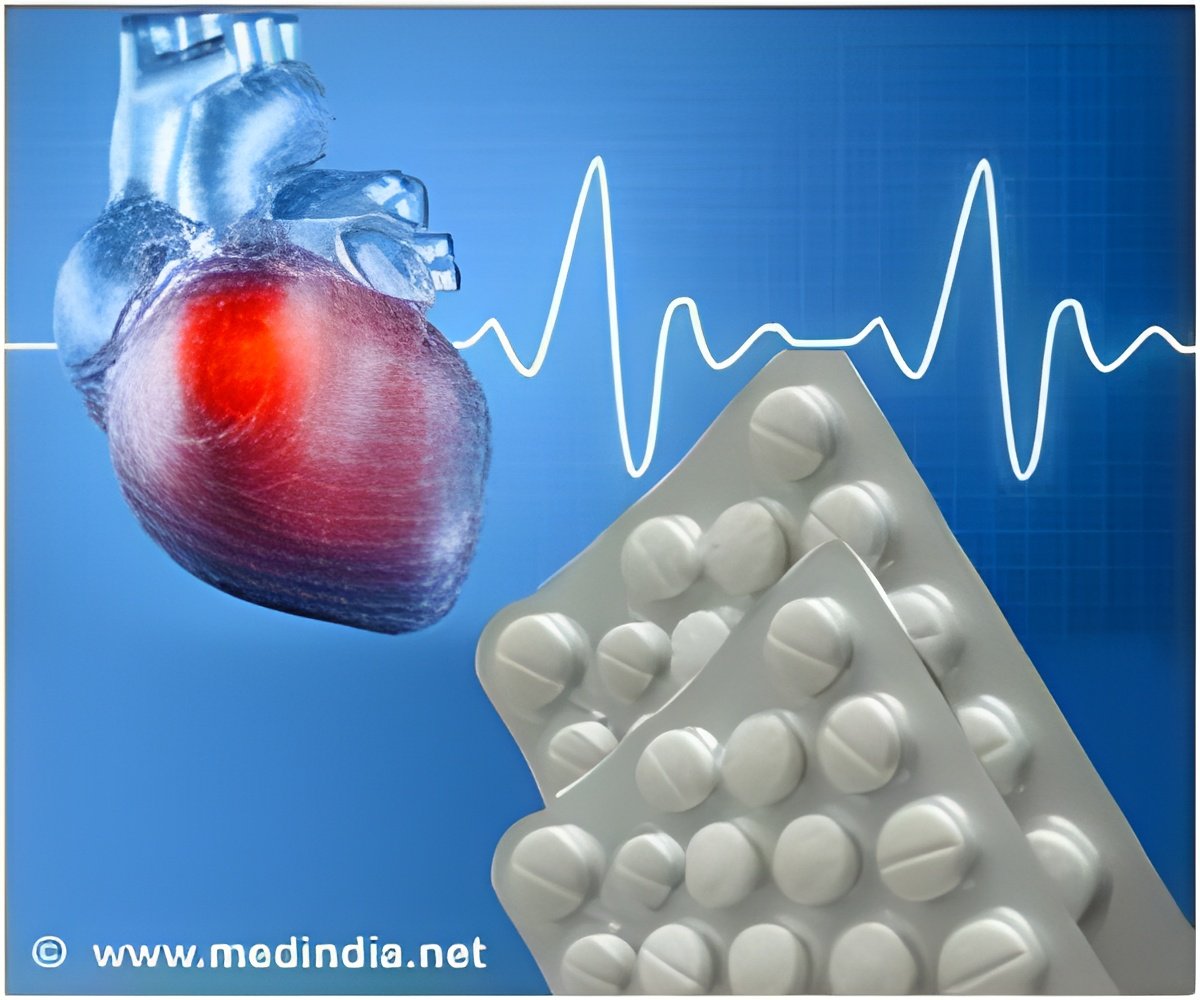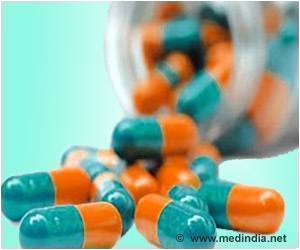Intensive statin treatment led to coronary artery disease regression with few adverse events.High doses of rosuvastatin and atorvastatin reduced the amount of coronary artery plaques.

Atorvastatin and rosuvastatin are cholesterol-lowering drugs used worldwide.A new study included 1,385 patients who took either 40 mg of rosuvastatin or 80 mg of atorvastatin daily and were followed for two years.The amount of coronary artery plaque fell 0.99 percent with atorvastatin and 1.22 percent with rosuvastatin.The difference between the two drugs is not statistically significant, researchers said.More than two-thirds of the patients had regression of plaque.
Physicians usually hesitate to prescribe very high doses of these drugs; patients don’t like to take them because they doubt over the safety and added benefit of heavy doses.The current study showed that high doses would be very well tolerated and had a good safety profile.Two years of treatment with maximum dosages of either of the two statins brought significant regression of coronary artery plaques.Very good lipid changes were also observed.
A significant difference was noted in the average LDL (the ‘bad’ cholesterol) levels of patients, following two years of treatment.The highest dose of drugs however did not alter the HDL (the ‘good’ cholesterol) levels as expected.
The study showed a low number of clinical and biochemical adverse events.Elevated liver enzyme levels were found in 2.0% of the atorvastatin patients.An elevated alanine aminotransferase level (ALT level) was noticed only in 0.7% of patients who received rosuvastatin.Proteinuria, the presence of excessive protein in urine was observed in patients who received rosuvastatin.Rhabdomyolysis (breakdown of skeletal muscles) was not observed in any patient.Another significant observation was that, there was no increase in glycated hemoglobin levels in patients.Glycated hemoglobin level is an indicator of diabetes.The effect of statins on the incidence of diabetes has received considerable attention recently; the current study is hence promising.
Taken as a whole, the study indicates that intensive statin treatment led to coronary artery disease regression with few adverse events.The results highlight the safety of and need for intensive statin therapy.Physicians may comfortably choose an intensive dosage of a potent statin for patients with heart disease.It would be the most effective way to reduce the risk for related complications.
Reference: Effect of Two Intensive Statin Regimens on Progression of Coronary Disease; Stephen J.Nicholls, M.B., B.S., Ph.D., Christie M.Ballantyne, M.D., Philip J.Barter, M.B., B.S., Ph.D., M.John Chapman, Ph.D., D.Sc., Raimund M.Erbel, M.D., Peter Libby, M.D., Joel S.Raichlen, M.D., Kiyoko Uno, M.D., Marilyn Borgman, R.N., Kathy Wolski, M.P.H., and Steven E.Nissen, M.D.; N Engl J Med 2011; 365:2078-2087December 1, 2011
 MEDINDIA
MEDINDIA




 Email
Email










